There’s been plenty of interest surrounding the upcoming action RPG The Blood of Dawnwalker since it was unveiled last month. It’s not easy crafting a brand-new IP in the current climate with plenty of studios opting to play it safer with sequels or remakes, but for developer Rebel Wolves—which comprises industry veterans who worked on the likes of The Witcher 3 and Cyberpunk 2077—playing it safe was never an option for its maiden title.
Game Rant sat down with The Blood of Dawnwalker‘s narrative director Jakub Szamalek to talk about how the game is shaping up. He discussed some of the original ideas behind the project, how some of its more unique mechanics work, and what players can expect from its unique narrative. This interview has been edited for clarity and brevity.
4:40
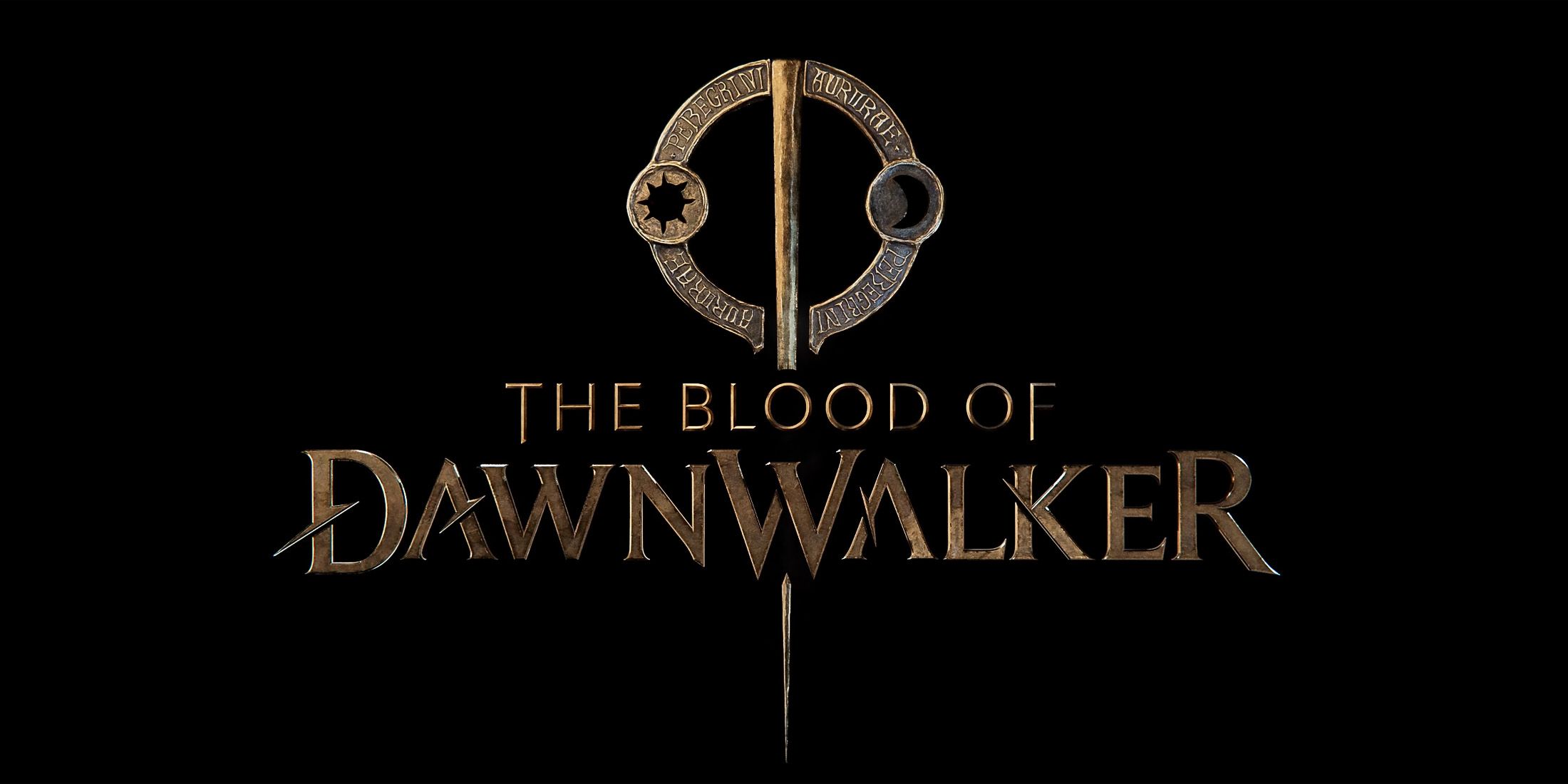
Related
The Blood of Dawnwalker – Cinematic Trailer & Gameplay Teaser
Take a look at this cinematic trailer and gameplay teaser for The Blood of Dawnwalker, an upcoming action role-playing game developed by Rebel Wolves.
The Blood of Dawnwalker’s Setting Explained
Q: Can you talk about the game’s choice of setting and time period? What made you decide this time and location was right for the game?
A: Since many of us used to work with medieval-themed worlds in the past, it was a great starting point. It’s a fascinating period—dark, gloomy, brutal, and bloody. I thought of a fictional place in 14th-century Eastern Europe, where different cultures, languages, and religions from the region blend together. A remote place at the edge of the continent where history and myth come together.
Q: What can you tell us about working your vampire lore into game mechanics? What makes the protagonist special as a Penumbral?
A: What’s special about our protagonist, Coen, is that he walks the line between day and night. As the sun goes out, he experiences the world as a vampire—physically powerful, imbued with supernatural skills but also susceptible to dark temptations. Then, with dawn, he reverses to his human form. As such, he can understand both humans and creatures of the night.
How The Blood of Dawnwalker’s Antagonist Fits into the Story
Q: What makes Brencis the best antagonist for your story? What’s the “relationship” between Coen and Brencis like?
A: We wanted Brencis to be a nuanced character. Yes, he drinks human blood—but he offers a lot in return. He removed the cruel lord who oppressed Vale Sangora’s population and used the properties of his blood to cure them of the plague. For some humans, this deal—giving up your freedom and dignity for security—seems perfectly acceptable. Not everyone in the valley will see Coen as a hero; Brencis has many loyal subjects willing to die in his defense. Also, Brencis isn’t a mindless monster—as a human, he was a man of high stature, a soldier, and a politician. He uses these experiences to create a well-oiled regime and he’s ready to respond to any challenges that might come his way. As for the nature of his relationship with Coen, that’s something we’ll reveal soon.
Q: The Blood of Dawnwalker seems to emphasize its narrative. What can you tell us about the central themes of the game?
A: Absolutely. Our game is narrative-driven—but we want players to have as much control over how the story unfolds as possible. We provide the building blocks, but it’s up to the player how they combine them. There’s no distinction between main and side quests—the story goes where you direct it. Since it’s a big and multi-layered game, we explore multiple themes. But one of the most important ones is family. What makes it? What breaks it? How to move past difficult experiences? How to care for your family and how much are you willing to sacrifice for it? Is family more of a blessing or a burden? We’ve crafted multiple stories that explore these questions in mature, thoughtful ways, and we can’t wait to share them with you.
The Blood of Dawnwalker Has Its Own Take on Vampires
Q: It feels like it’s been quite some time since an RPG focused on vampires. What drew you to them, and how do your vampires differ from other media?
A: Like you say, we felt vampires are underexplored, and that’s a shame, because, well, aren’t vampires cool? However, we’re also aware that vampires are heavily explored in other media and that we’re running a risk of being derivative and boring. We paid a lot of effort and attention to creating our own, unique vampire lore, deeply rooted in real-world mythologies. I don’t want to spoil too much, but our vampires’ origins and destiny are wildly different from what you’ve seen in other vampire stories.
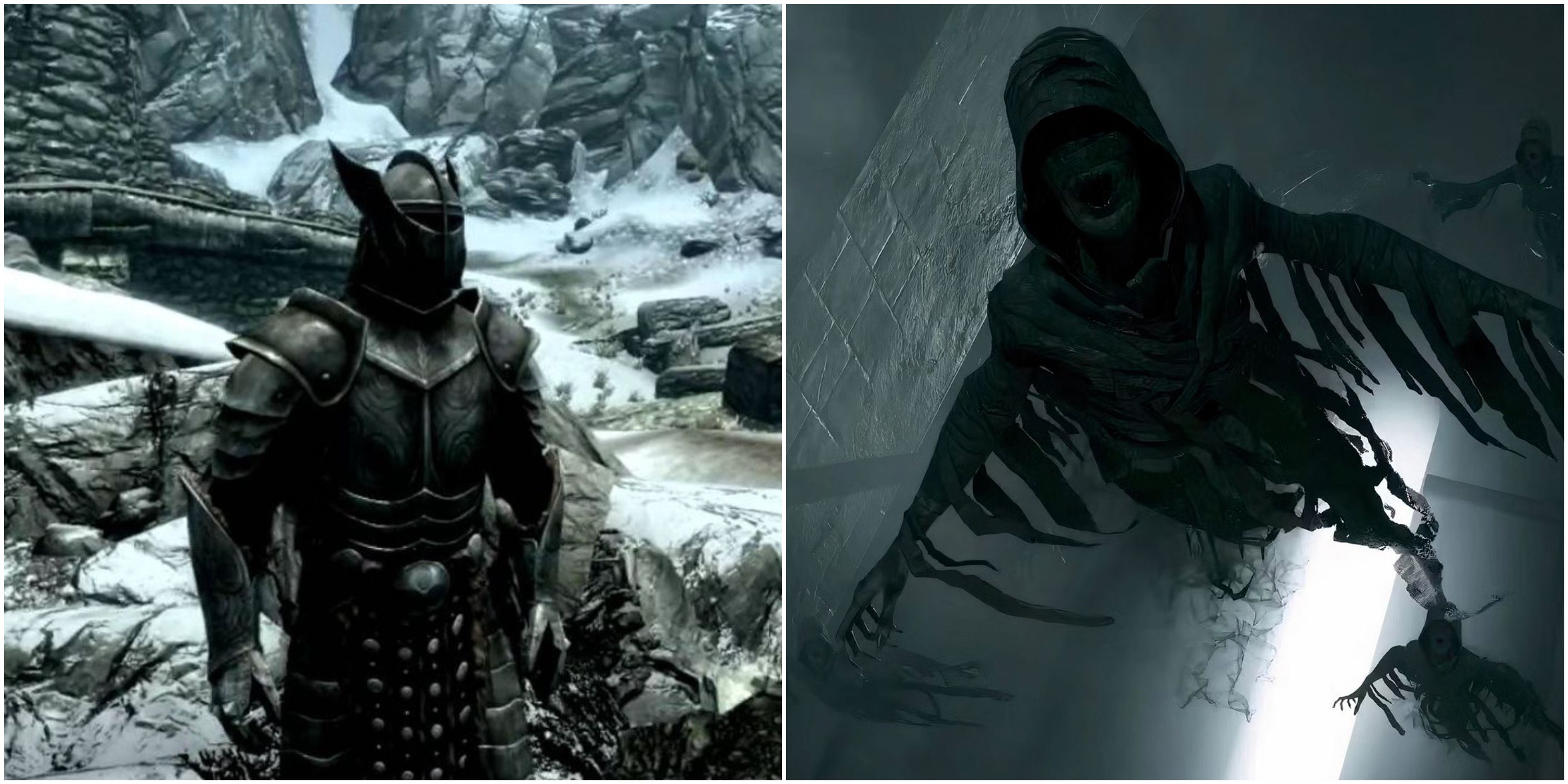
Related
8 Best Action RPGs If You Just Want To Shut Off Your Brain
For those interested in the best action RPGs on the market, but don’t always have the most amount of time to play them, this selection is for them.
The Blood of Dawnwalker is Being Built on Solid Foundations
Q: Your team is highly experienced and has worked on incredible RPGs like The Witcher. How much of those previous RPGs can be found in the DNA of The Blood of Dawnwalker?
A: We’re all gamers, and we are all deeply in love with storytelling and role-playing. We’re building The Blood of Dawnwalker upon the foundation we established while working on the previous projects we were involved with as developers and artists, drawing inspirations from classic titles such as Fallout 2, which gave truly unparalleled narrative freedom, but at the same time trying to enrich the RPG experience with something we’re bringing to the table.
Something we believe is fresh and exciting to truly offer something new: the dual nature of our main protagonist, dual gameplay loop, and the 30-day & 30-night concept, among others. In other words, we want to combine narrative freedom and a story-driven experience with an open world filled with meaningful quests and memorable characters, emotionally charged interactions with characters, and a strong gameplay experience infused with Coen’s supernatural abilities.
Q: What can you tell us about the combat design? What’s the core philosophy?
A: We’ll be able to share the answers to these questions once the full gameplay reveal happens this summer.
How The Blood of Dawnwalker Approaches Open-World Design
Q: Likewise, what can you tell us about the philosophy and approach to its open-world design and exploration? What kind of scale should players expect?
A: The guiding principle of our development process is that everything we do should serve the story, enrich the narrative, and immerse gamers further into the game’s world. We’re not filling our open world with the contents—be it quests, points of interest, or minor activities—that are not tied to the story of either Coen’s quest to save his family, the roots of the unseen world where the vampires and other creatures of the night came from, or the history of Vale Sangora itself. As for the game’s scope, we currently estimate up to over 40 hours for a single playthrough, but we’ll be able to answer this more precisely closer to launch.
Q: The player will only have 30 in-game days to finish their quest. Can you explain how this will work for the player and how this timer works in conjunction with other game mechanics?
A: The Blood of Dawnwalker doesn’t have a hard time limit, and it doesn’t require you to rush anything, it’s not in real-time. Coen, however, will have a limited time of 30 days and 30 nights (in-game) to complete his main goal – to save his family. Every quest you finish will move the time forward because the world doesn’t wait for Coen; some things are happening whether he wants it or not. Exploring the world or conversing with NPCs won’t push the time forward. Coen’s actions and inactions will have consequences, and how, when, or if you do something will affect the story, the world, and the people living in it. It’s also worth noting that there won’t be a game over after 30 days and 30 nights, but let’s not get ahead of ourselves yet.
Q: You’ve finally pulled back the curtain on Dawnwalker, being able to talk about it a bit for the first time since you’ve begun working on it. Is there anything you really want to discuss?
A: So many things! However, the dual nature of our main protagonist, Coen, and the impact of the rule imposed by Brencis and his vampiric followers over the Vale Sangora and its people are among those we wanted to highlight the most personally. They’re tied to the aspiration we have as the studio, which is to tell a compelling story dealing with themes such as the meaning of morality and how it changes based on different perspectives and goals. We wanted to explore how a protagonist leading a fairly ordinary life would react when forced to navigate through challenges he never could’ve anticipated; not just legends turning into a literal reality and turning his world upside down, but most importantly, him being forced to embrace his dark nature to save the ones he loves.
[END]
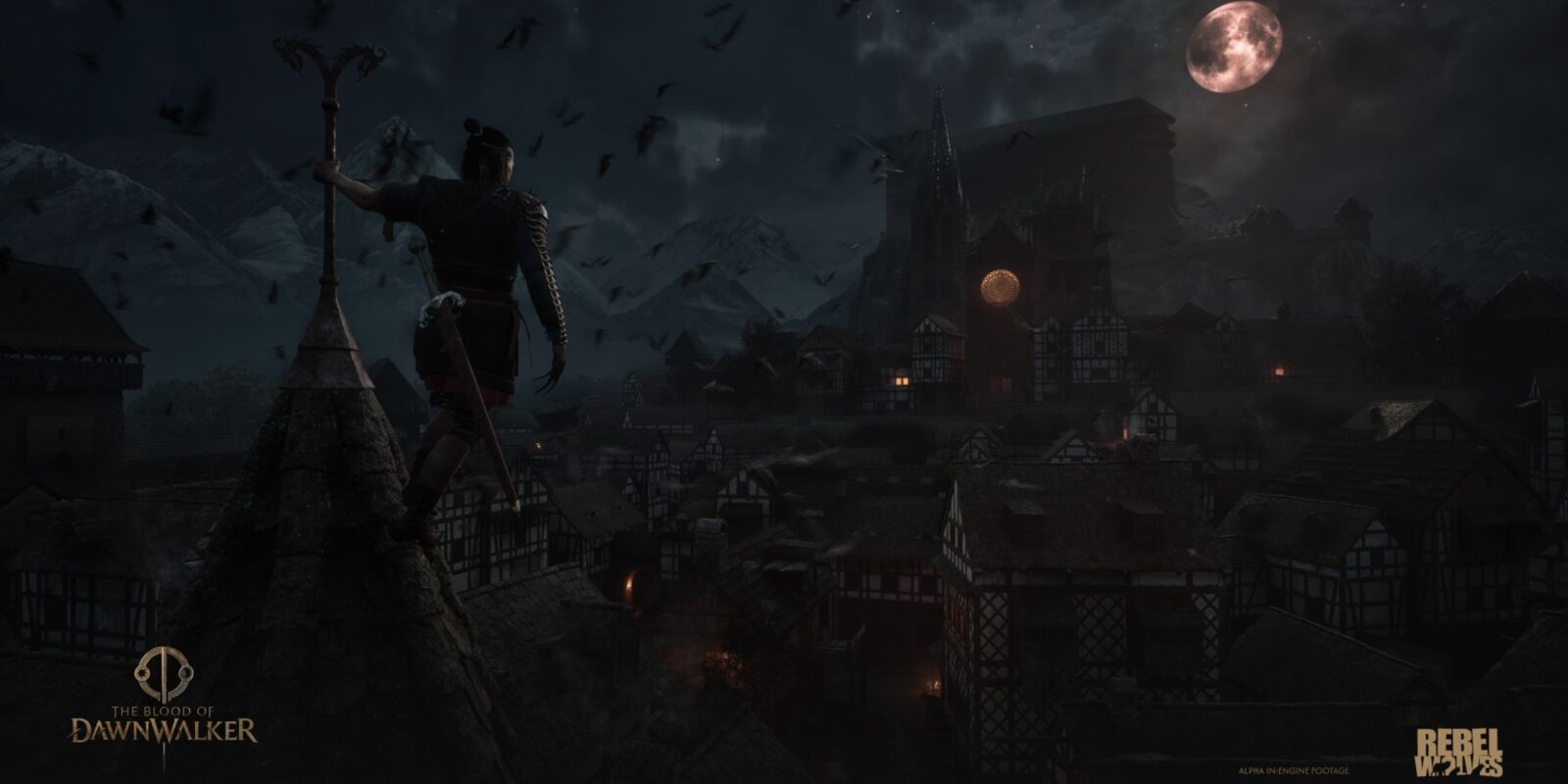
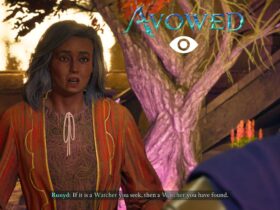
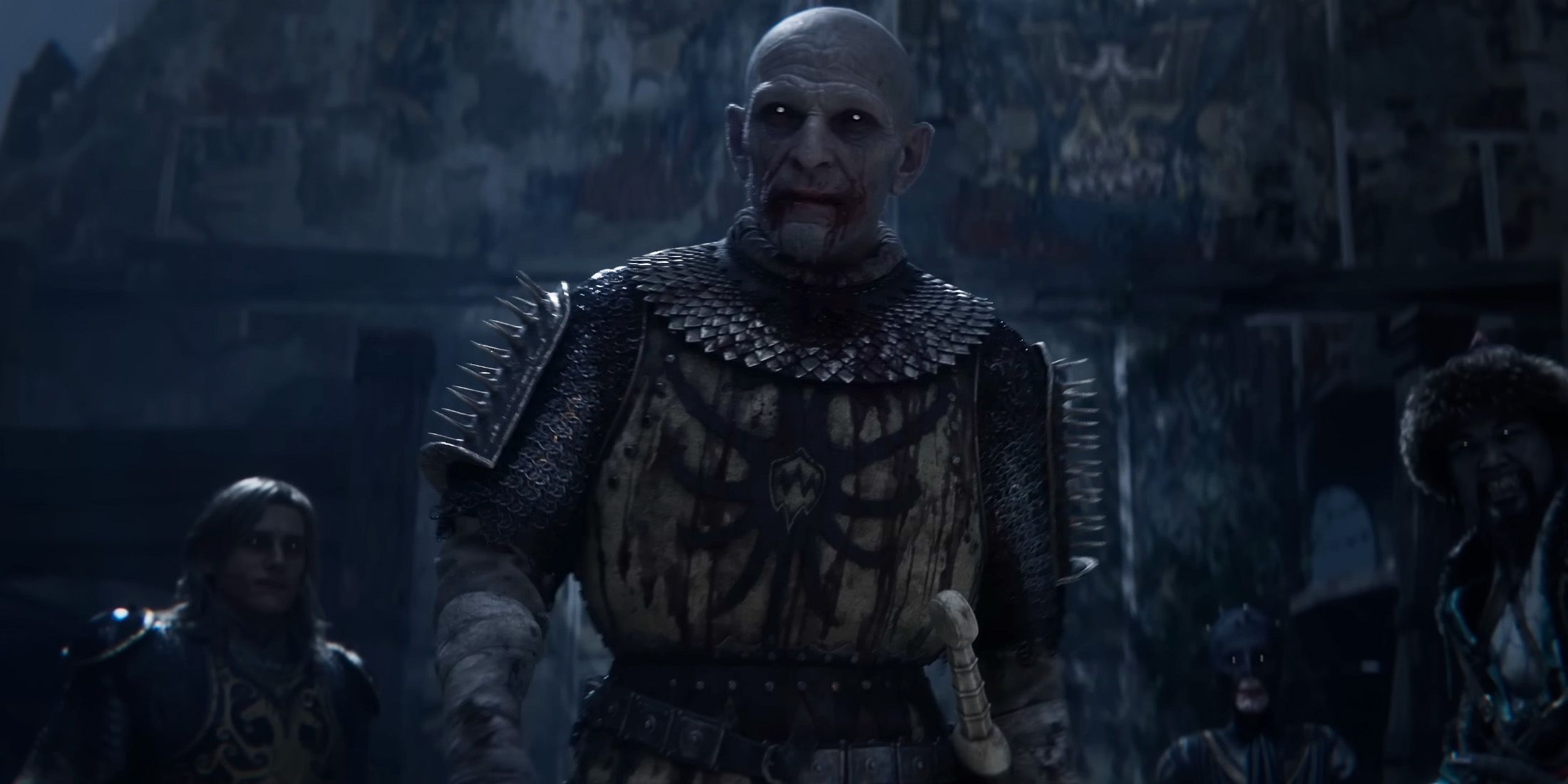
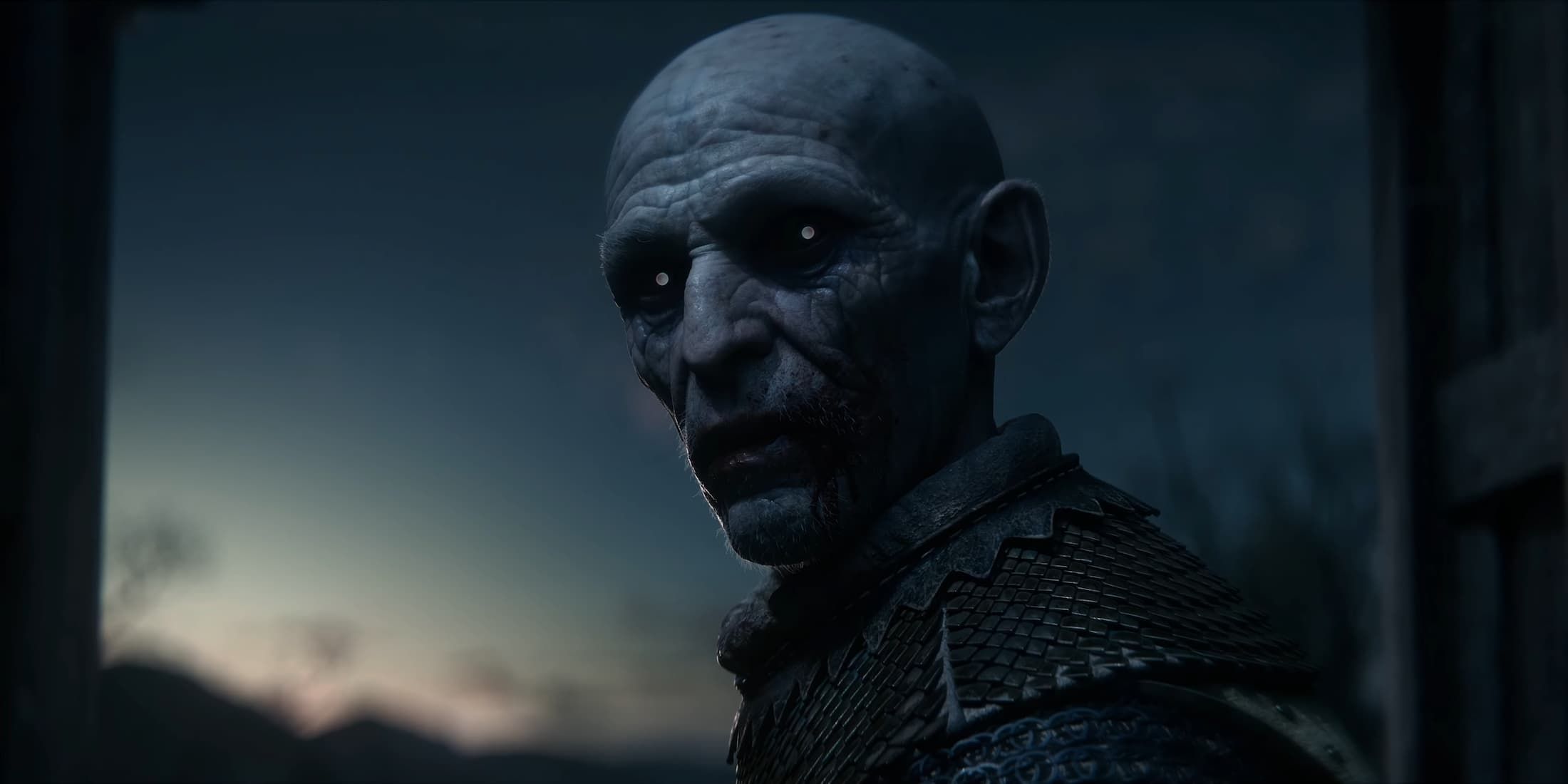
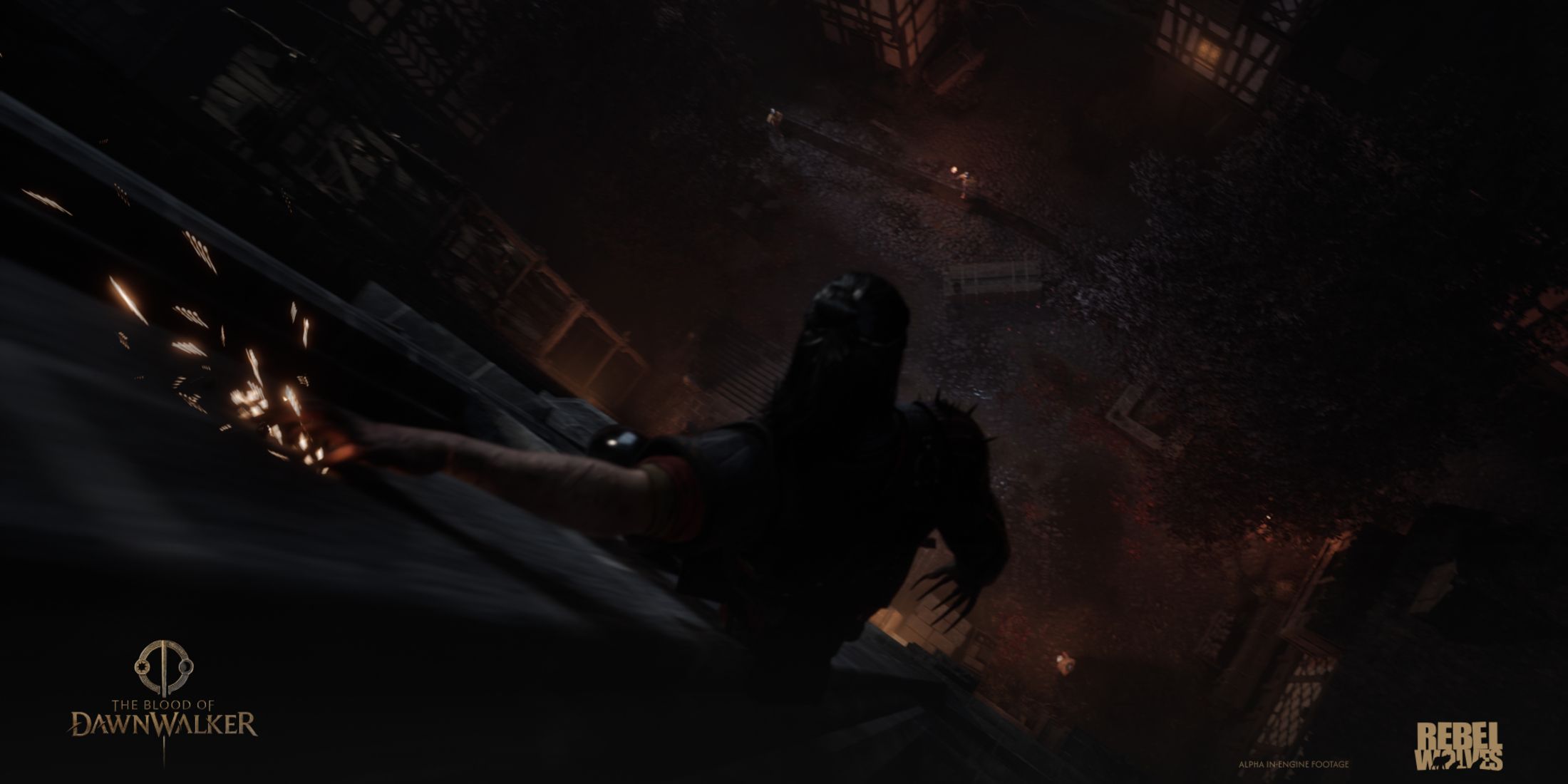
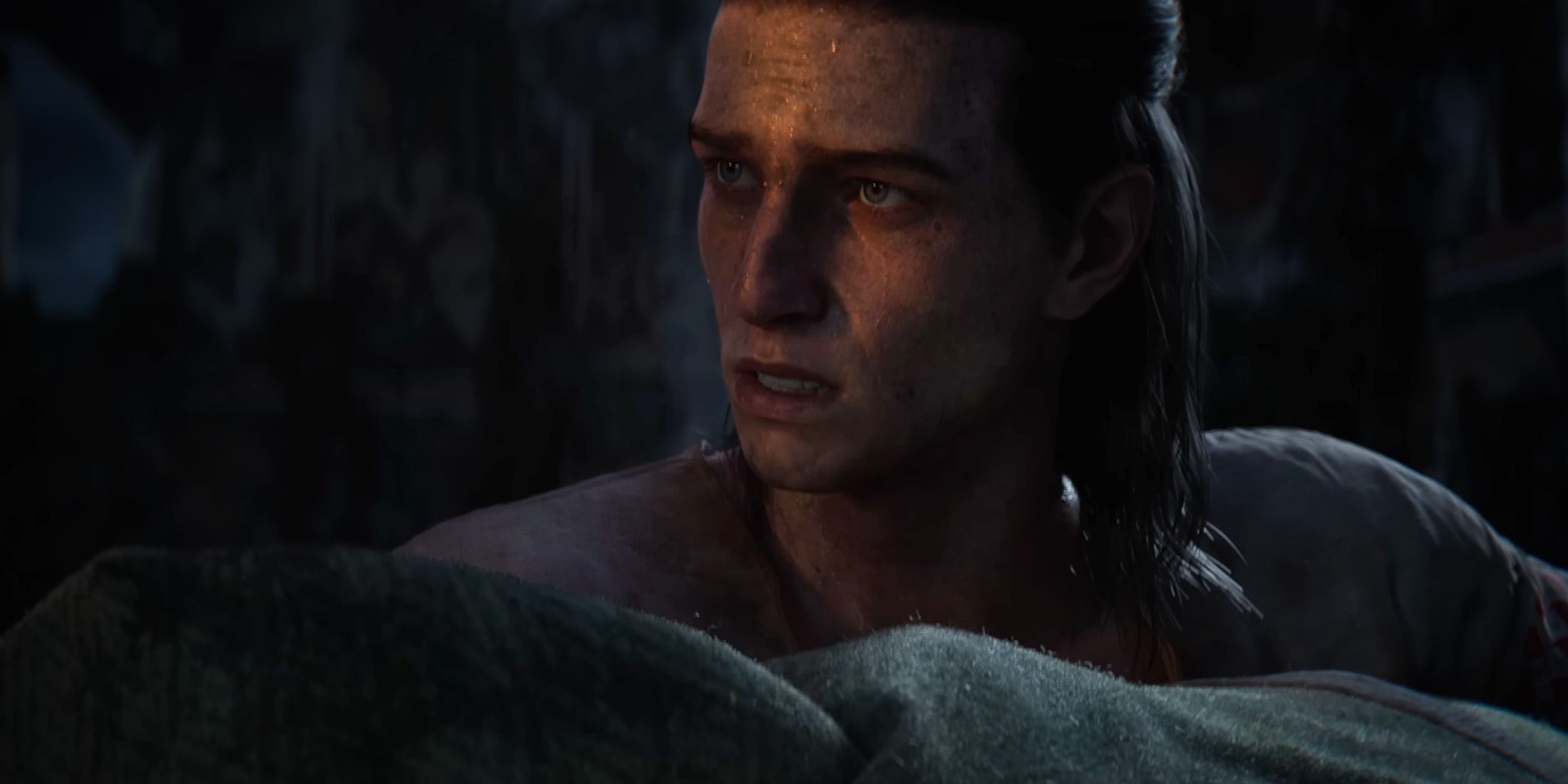
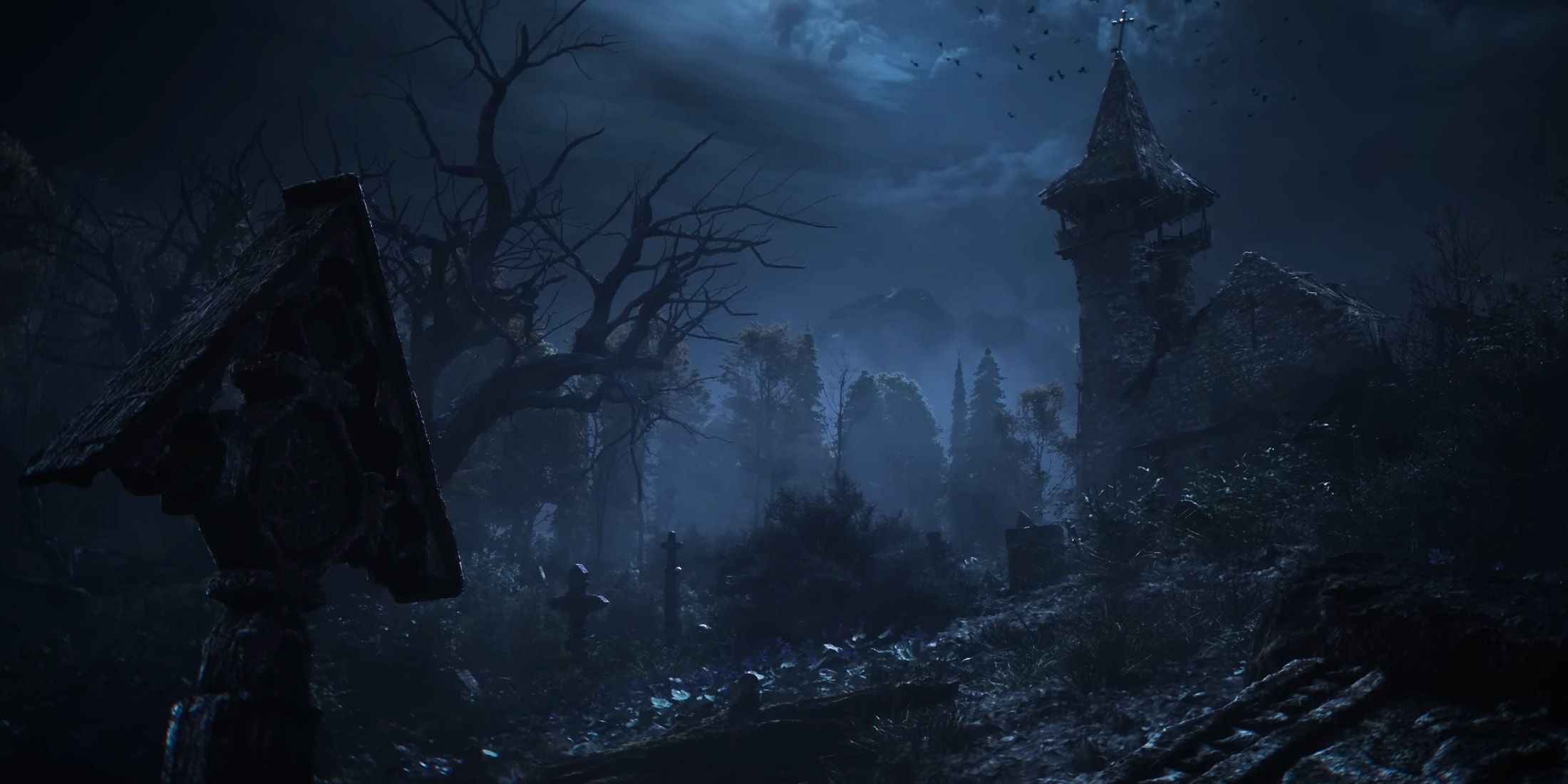
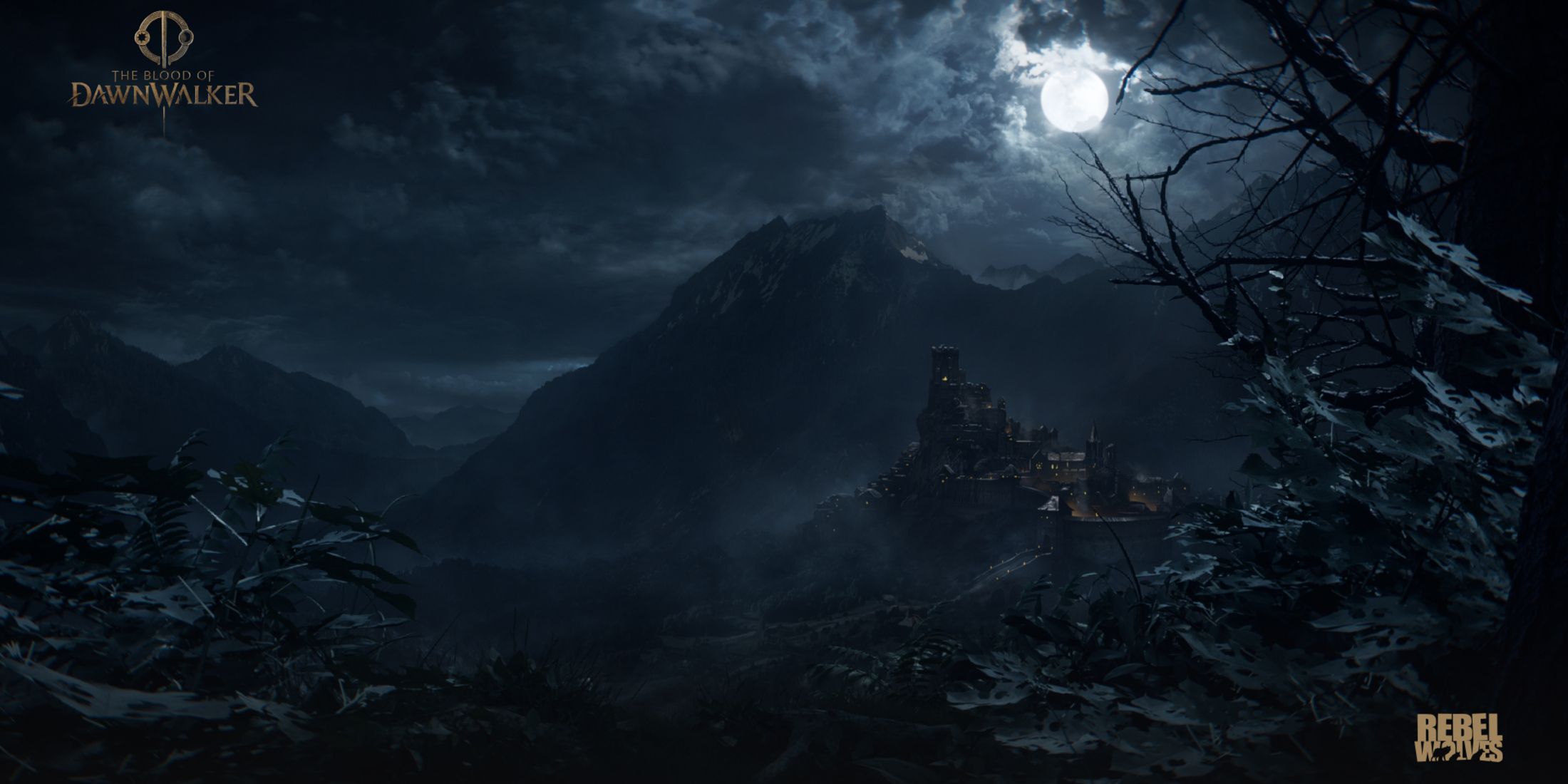
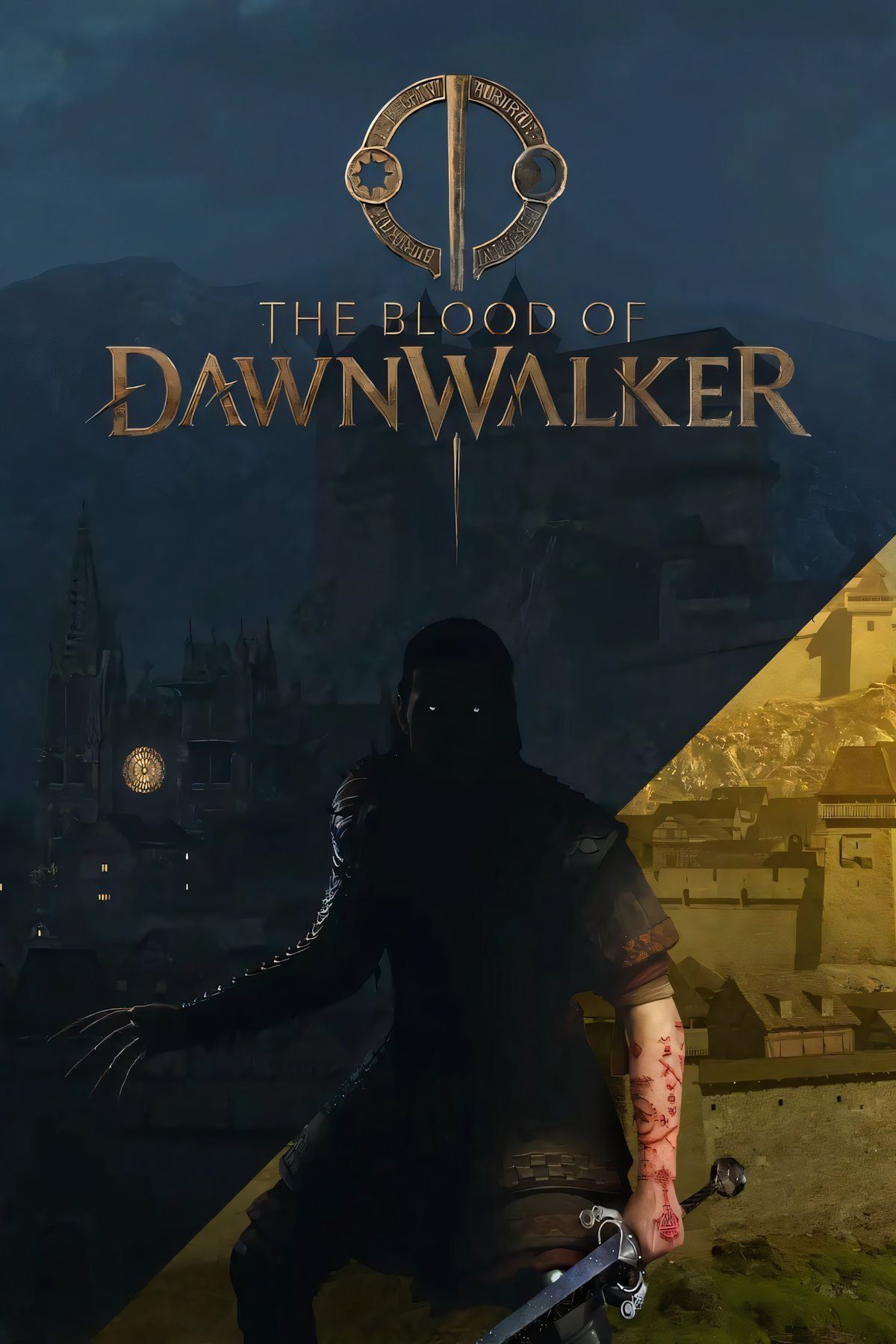


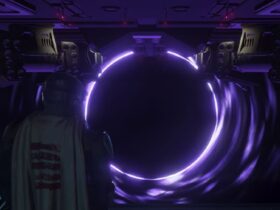
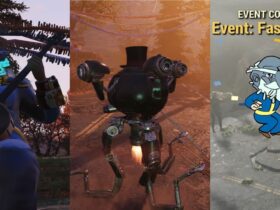
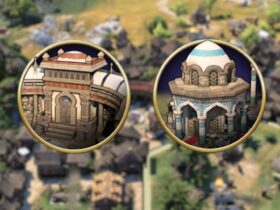
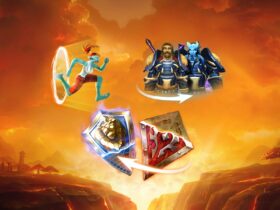
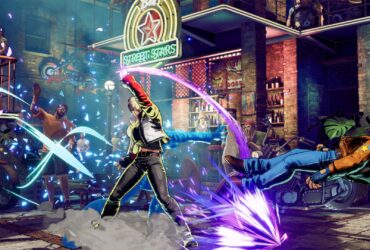
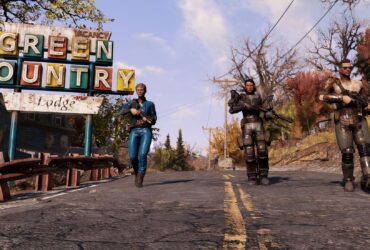
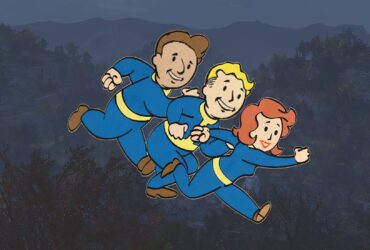

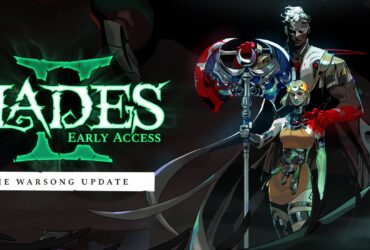

Leave a Reply